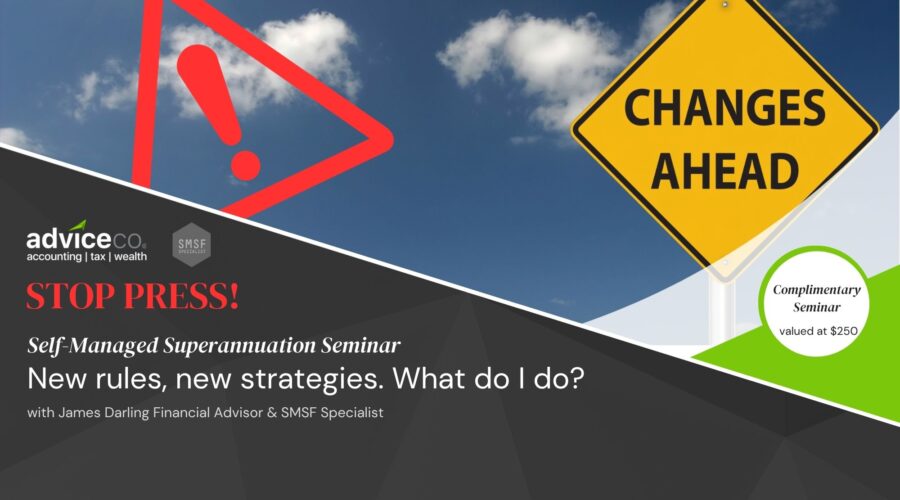Structurally Sound Posted on April 23, 2019

Recently, a new client came to the firm and this was the first thing we looked at. He didn’t realise that his current business structure put his personal assets at risk, nor did he know he was being subject to the highest marginal tax rate and overpaid tax in 2018 of approximately $91,000.
It is so important to get this right.
So which structure are you in now? And which structure should you be in? There are the four types:
Sole Trader – this is most common for start-ups and is the most simple and self-explanatory.
-
Tax – Any losses incurred can be offset against other income earned.
-
Liability – Along with complete control of your business, so too comes complete liability.
-
Finance – It is inexpensive to set up and run but it can be harder to get finance. Sole traders need to pay themselves superannuation.
-
Wellbeing – It can be harder to take time off. Time off can mean no income.
Partnership – this is an appealing option for Sole Traders looking to share the workload, but beware! Partners share more than they should have to.
-
Tax – Each partner pays tax on the share of the net partnership income they receive. Partners can offset their share of the business losses against other income earned.
-
Liability – Each partner shares liability, regardless of how much of the partnership they own. If one partner makes a poor decision, such as incurring a major debt or making a costly mistake, and is unable to meet an obligation, the other partner has to compensate for that.
-
Finance – A partnership is also relatively inexpensive to set up and run, and getting finance can be easier due to the security of two or more resources.
-
Wellbeing – While you do have the option of sharing the workload, there can be disagreements around business priorities and ways of working and you are always legally bound together. Rarely are partnerships a good idea.
Company – a Company enables SME business owners to share the running of the business, but the complexity of the business structure is detached from the individual. Often those who are looking at a Partnership are better off as a Company.
-
Tax – At this stage, there is the benefit of franking credits. That means that the individual only has to pay top-up tax on company taxes already paid.
-
Liability – The Company is set up with the same liability as a person, and can sue or be sued. This protects the individual’s personal assets.
-
Finance – There is more flexibility in distributing profits to shareholders and it is easy to pass on or sell ownership.
-
Wellbeing – It is more complicated to set up a Company, but the long term benefits are well worth it.
Trust – this is an organisation run by a trustee to listed beneficiaries.
-
Tax – Trusts typically do not pay tax, provided they distribute all of the profits.
-
Liability – The trustee is liable for any debts and decisions.
-
Finance – Flexible in distributing profits to beneficiaries.
-
Wellbeing – This is an organised way to manage the wealth of an individual, family or company.
Whether you’re setting up a business, considering expansion options or hoping to simplify your way of working, you should evaluate your structure and enlist the professional support of a lawyer, accountant or a business advisor.
The right structure, can really avoid headaches and restructuring costs down the track.





